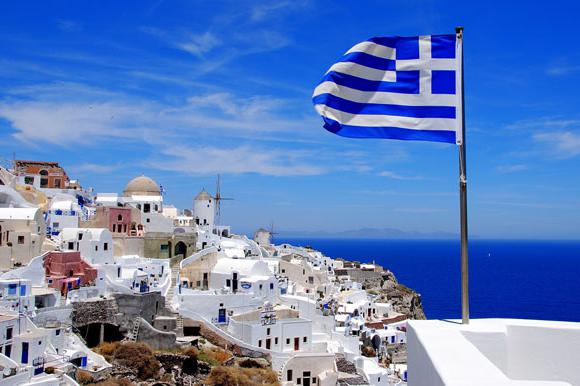Embrace the Greek Tradition: Join Us for Clean Monday Celebration!
Dear EISB community,
as we approach the vibrant festivities of Greek carnival and Clean Monday, I am delighted to share with you a glimpse into the beautiful traditions and extend a warm invitation to the upcoming event – Monday 18/03/2024, that promises to be both enriching and delightful: our Clean Monday celebration.
Growing up in Greece, the arrival of carnival season, known as Apokries, was always a time filled with excitement and anticipation. Streets adorned with colorfoul decorations, lively music echoing through the air, and the laughter of families coming together to celebrate are memories that remain close to my heart!
Greek Carnival is celebrated with street parties, parades, and masquerades. Carnival ( from Latin: carne and vale = goodbye to meat) marks the days before the fasting begins. The word Apokries in Greek comes from the words apochi and kreas (abstinence + meat) so, it means avoiding meat.
The Greek Carnival is divided into 3 weeks, all preparing for the fasting. The first week opens the carnival and starts with a specific church celebration. The second week is called Kreatini in which one is allowed to eat meat every day.
The Thursday in the Kreatini week is called Tsiknopemptee. Tsikno means the smell of grilled meat and Pempti means Thursday. This Thursday is a day to take your family out to a tavern and eat grilled meat. Tsiknopemptee is also the day when the parties start and the first masquerades for the Greek Carnival make their appearance.
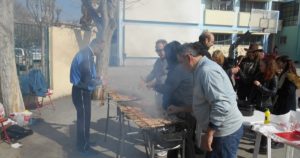
The last week before Lent is called Cheese Week or Tyrini. Only dairy and fish are allowed during that week, no meat. The carnival celebrations end on Kathara Deftera or Clean Monday.
Carnival is related to the pagan rituals of the ancient worship celebrations to Dionysus, the God of wine, agriculture, fertility, dance, and fun. The ancient Greeks held this wine and dance festival in February/March to celebrate spring. There was a parade with a Dionysos figure, fancy dress, and masks.
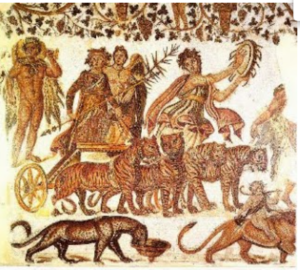
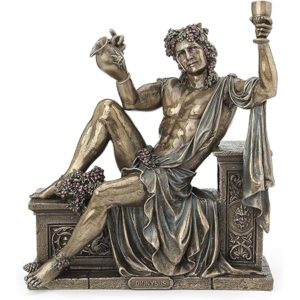
Clean Monday
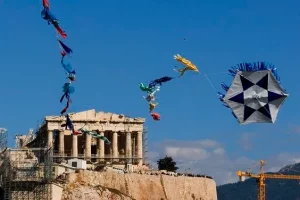
Clean Monday, or “Kathara Deftera” in Greek, marks the beginning of Lent in the Eastern Orthodox Christian tradition. It’s a day of purification, renewal, and the onset of a period of fasting and reflection leading up to Easter. But more than that, Clean Monday is a celebration of joy, togetherness, and the beauty of spring. On this day, Greeks leave the city for the countryside to spent family time, to have a picnic and to fly a kite. The traditional food eaten is taramas, a red kind of caviar, halvas, a cornstarch sweet and a Clean Monday bread called lagana. Many local bakeries are open on Clean Monday and sell this special bread.


We look forward to welcome you and celebrate together!

